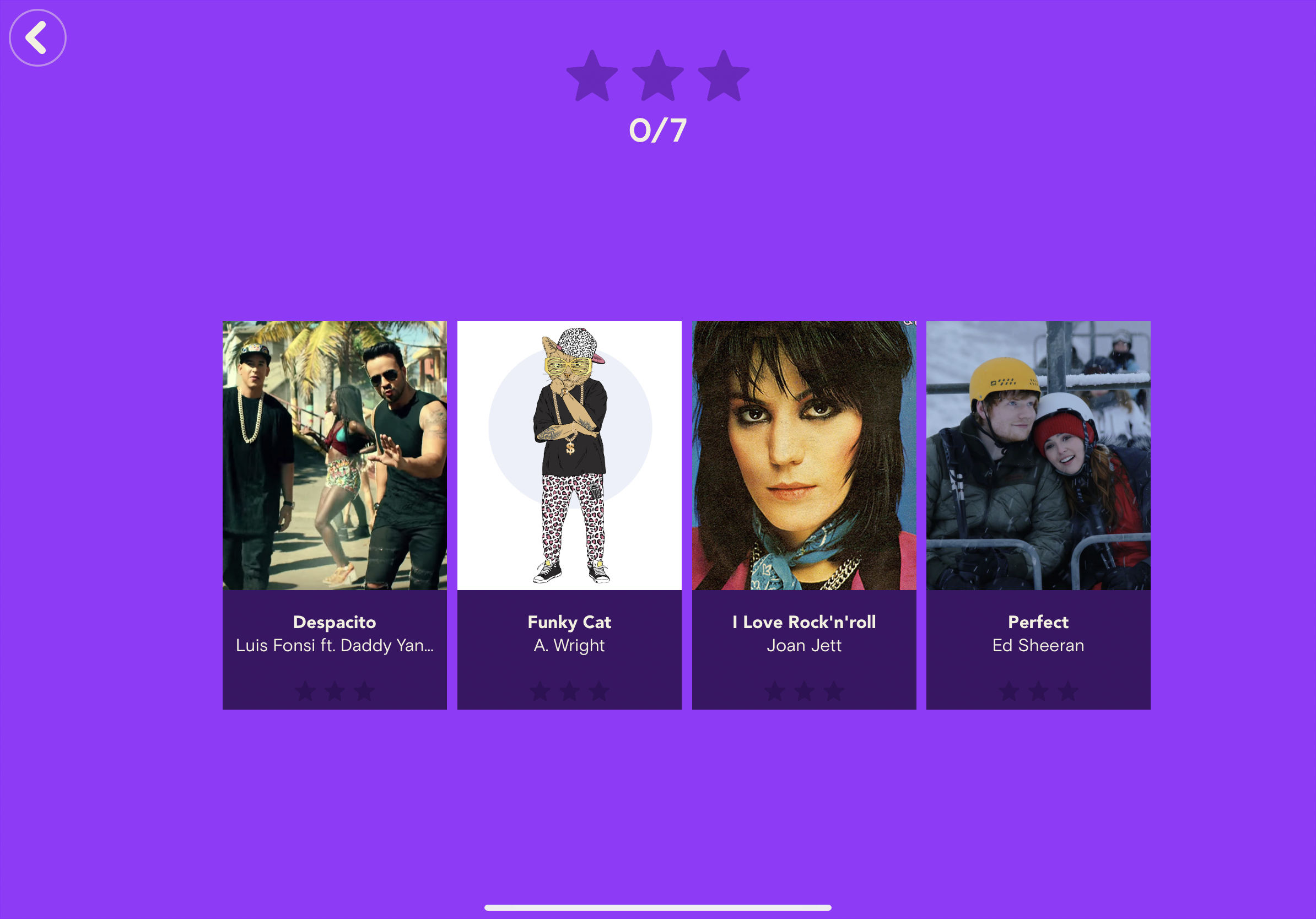The adjective mozartian when used in a literary sense means something like 'This is really good and perfectly constructed but I'm worried that it's not serious enough to be great art'. It can be used of Midsummer Night's Dream but as far as I know no-one has ever said of Hamlet, though of course some might argue that this has something to do with Hamlet's plot.
I wanted to reclaim Jeeves from this ghetto and I considered a number of ways of doing it. I planned a piece placing him in the tradition of the Clever Servant- back through Figaro and Sancho Panza to Plautus and Menander. If I could have found the the Old Attic font on the Squarespace word processor I'd have done it too, complete with transliterations and pic of a Gk pot from the Louvre.
I decided instead to analyze Bertie as a representative of a New Comedy. Whereas Shakespeare typically ends his comedies with marriage and a hymeneal dance, Bertie remains ecstatically and subversively celibate. This, I argue, shows Wodehouse as a subtle social commentator prefiguring the anomie of postmodern man and the disintegration of the family.
For a psychologist it is significant that Bertie seems to be an orphan. Jeeves is a surrogate father. This is an ironic replay of the Cronos myth- Bertie is a young Zeus subjugating is own father. Wodehouse has divided Bertie's surrogate mothers into the evil Aunt Agatha (who, as is widely known, eats broken glass) and the genial but not nurturing Aunt Dahlia (who confuses affection with Anatole's cooking) It is only after such an analysis that we can understand the true bitterness and despair that underlies a typical utterance of our tragicomic hero- ''Toodle pip,' I said, and I meant it to sting.' (my italics)
Then I thought about an socialist interpretation- Jeeves as the proletarian bearing the weight of rentiers and landed gentry and overweening capitalists. Jeeves's fine intelligence is at the service of the ruling classes. He enables them to maintain a facade of civilisation as their emotional illiteracy threatens to destroy the class solidarity they need to continue their parasitic existence. From this beginning we can pursue an orthodox route and see Jeeves as a class traitor- the foreman or kulak the bosses have always needed as their 'interface' (if one may borrow a term from computer science) with the labouring masses. I prefer however to adopt an alternative line and see Jeeves as a proletarian protohero- he has seen and understood his power and is at the threshold of a socialist consciousness which will enable society to evolve. This approach has two advantages- firstly it is easier to support from the text ('Mentally, of course, Mr Wooster is negligible' as Jeeves observes) and secondly it does not require me to ban the books and send the author for re-education as would be the case if a class traitor were the hero.
Yet again, as Bertie spends a lot of time in New York (though not, as it happens, in this novel) I could be purely literary and compare Jeeves and The Great Gatsby. This would have the not insignificant advantage of finally destroying whatever remains of Fitzgerald's reputation. Wodehouse does not have Fitzgerald's persistent whineyness. He does not share Fitzgerald's obsession with money. And his narrator, Bertie, is far more of an agent in his own life than Nick Carraway in Gatsby.
Or I shall emphasise the elegiac nature of the books. Here I shall adopt a symbolic approach. Gussie Fink-Nottle's strong fixation for the aquatic members of the family salamandridae would form one of the legs of my argument. It is too superficial to think that Gussie is into newts because he is uncomfortable in society. Indeed the fact that this is suggested by 'mentally negligible' Bertie should be enough to alert us to the inexactitude of this interpretation. Gussie likes newts because he is hankering for a gentler kinder England that is passing under tarmacadam. The silver cow creamer that drives the plot of so many of the novels in the series is another important symbol. It brings us back to basics- the novels were written (some of them) at a time when Churchill was struggling to bring Britain back to the silver standard after WW1 and carries therefore a multiplicity of meanings. It represents monetary value, but also the sterling values of Edwardian society. Further it represents a cow, and therefore the roast beef of old England. It contains cream- a sensory memory of our mother's milk and a connection to mother earth and our motherland. Possession of this object therefore, though presented as a farcical attempt by Bertie to purloin it on behalf of a woman is in fact symbolic of possession of the soul of England. It is as important as Excalibur in another myth cycle.
I could. But I prefer to rehabilitate mozartian. There is nothing wrong with perfection. The plots of Jeeves stories are constructed and executed as perfectly as anything else I have read. And Wodehouse is one of the finest prose stylists in English- with a taste as distinctive as violet cachou. No one else could have written 'as foul a pessimist as ever bit a tiger' which is one of my favourite lines in all literature and even funnier in context.





